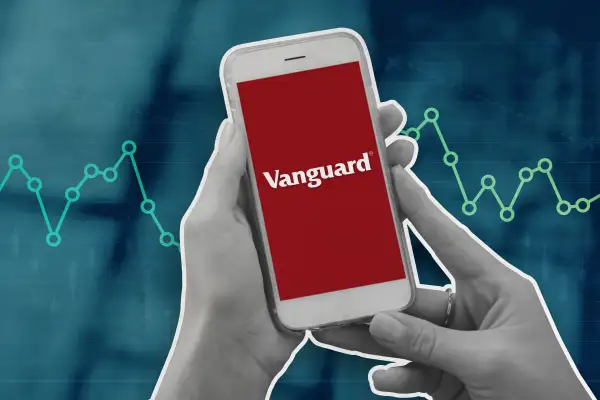The Fees for America's Most Popular 401(k) Option Are Dropping by Over 30%
Money is not a client of any investment adviser featured on this page. The information provided on this page is for educational purposes only and is not intended as investment advice. Money does not offer advisory services.

Vanguard announced this week that it is lowering fees for target-date funds — which happen to be the most popular 401(k) investment funds in America. That’s great news for savers, who can expect to earn even more returns than before.
The investment management firm says it expects to decrease fees for Vanguard Target Retirement Funds (TRF) from an already low 0.12% down to 0.08%. Also known as expense ratios, these fees are charged as a percentage of a fund’s returns.
Critics have been sounding the alarm on high fees that eat away at investors’ retirement savings for years. As a result, expense ratios have been moving in the right direction; the average fee investors paid for target-date funds in 2020 was 0.52%, down from 0.73% five years ago, according to Morningstar’s latest Target-Date Fund Series report.
At 0.08%, Vanguard’s TRF fees would be some of the lowest available.
If you're unsure if this fee change applies to you, don't feel bad. According to a recent survey, 40% of 401(k) participants do not know if they're paying any fees for their accounts. The fees associated with 401(k) plans are notoriously difficult to identify, and target-date funds are often the default option in your employer-sponsored retirement plan. So you might not have had much choice in how your 401(k) is invested, or even given the issue much thought.
What are target-date funds?
Target-date funds hold a diversified mix of stocks and bonds that shift as you age. You may be familiar with the rule that the younger you are, the riskier your investments can be — so it's common to have a higher proportion of stocks versus bonds when you're young.
As you near retirement age, however, the proportion of stocks vs. bonds should flip, so you’re less susceptible to the whims of the market. In a target-date fund, that gradual shift is taken care of automatically. That’s a relief for people who don’t want to look closely at their 401(k) investments, or likely, wouldn't even know where to begin fiddling with their portfolios.
“The genius of target-date funds is that they harness [our] natural tendency toward inertia but they do so for the good,” Morningstar’s director of personal finance Christine Benz recently wrote.
There’s no trading needed on the part of the investor, and this approach pays off well for many newer investors. Fidelity recently said 55% of their 401(k) participants had all of their money in target-date funds.
How will lower 401(k) fees affect accountholders?
The bottom line is this: If you’re currently invested in Vanguard’s target-date funds, you can celebrate! Less of your retirement nest-egg is going to be spent on fees. While these expense ratios were already low at just 0.12% for Vanguard TRFs, even small decreases in fees can be significant in the long run for savers.
Let's imagine, for example, that you currently have a 401(k) balance of $10,000, are putting aside $400 every month, and the fund's expense ratio is 0.75%. In 35 years you’ll have $816,669 in the account. (That’s assuming the stock market returns 8% per year.)
But if the fund's expense ratio was 2% and everything else stays the same, in 35 years you’d have $611,747 in your 401(k). That’s a difference of more than $200,000.
If you’re curious how much you’re paying in 401(k) fees, you can look at your plan website and read through the participant fee disclosures. If things are still unclear, give your plan sponsor a call or ask your company’s human resources department to help you figure it out.
Alternatively, you can input your information into the TD Ameritrade 401(k) fee analyzer tool, which can calculate how much you’re paying.
